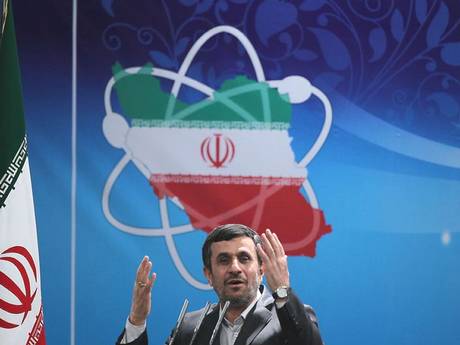CAIRO: Egypt’s Supreme Constitutional Court (SCC) issued its final ruling regarding the Professional Syndicates’ Law, finding it unconstitutional thereby invalidating the incumbent boards of syndicates.
The ruling on Law 100 of 1993, which governs the election processes of syndicates, cannot be challenged. After its implementation in approximately two weeks, all professional syndicates will be required to hold elections to choose new boards.
“This ruling has been delayed for years,” Essam Al-Islamboly, the lawyer who filed the case in front of the SCC, told Daily News Egypt. “[The SCC ruling] is considered equal to a law, and should be published in the official newspaper within 15 days [before becoming] effective.
“Syndicates are now required to call their general assemblies and to appoint temporary boards until elections are held to choose new boards.”
According to Laws 100 and 105 of 1993, syndicates’ elections can only be initiated by a South Cairo judge rather than by the internal bylaws of each syndicate.
Moreover, under the overturned law, election results are only legitimate if at least 50 percent of members vote; otherwise another election must be held two weeks later — during which, 30 percent of syndicate members are obligated to attend. If still less than 50 percent of members vote, a board of judges is appointed to run the syndicate.
“This law has hindered work inside syndicates and prevented elections from taking place for more than 18 years in some syndicates because it is hard for them to gather more than half of their members, [which] sometimes [number in the] hundreds of thousands,” said Mona Mina, spokesperson for Doctors Without Rights.
Syndicates organized a protest in front of the SCC in opposition to the law and prior to the ruling on Sunday.
Except syndicates for lawyers, journalists, actors and musicians, no other syndicates have witnessed elections in more than 15 years.
A number of syndicates have already announced that they will hold elections soon.
“We [had previously decided that we would] open the door for candidacy applications if the [SCC] rules Law 100 unconstitutional,” said Ahmed Ramy, a member of the Pharmacists’ Syndicate’s high board.
According to Refaat Bayoumi, a member of the general secretariat at the Engineers’ Syndicate, the board will announce its final decision in a press conference on Monday.
The court case, which was filed with the State Council by Al-Islamboly in 2001 amid an election crisis at the Lawyers’ Syndicate, was referred to the SCC in 2002. The case remained at the SCC until two weeks ago when its Commissioners Committee passed the final verdict.
The law was heavily criticized for not being discussed at the Shoura Council.
“[People’s Assembly] speaker Fathy Sorour said that it was a law suggested by the state and thus [a discussion of the law] wasn’t obligatory [as is the case for] laws suggested by individuals,” Bayoumi added.
The PA is prepared to discuss the substitute law proposed by the government, which stipulates that syndicates only need 30 percent of members to vote in elections.
Many syndicates expressed concern that the government would “get around the law.”
“It is very possible to find a way [out of implementing] the ruling,” Al-Islamboly said. “But this is a court ruling and it is the duty of the syndicates’ members to protect it.

